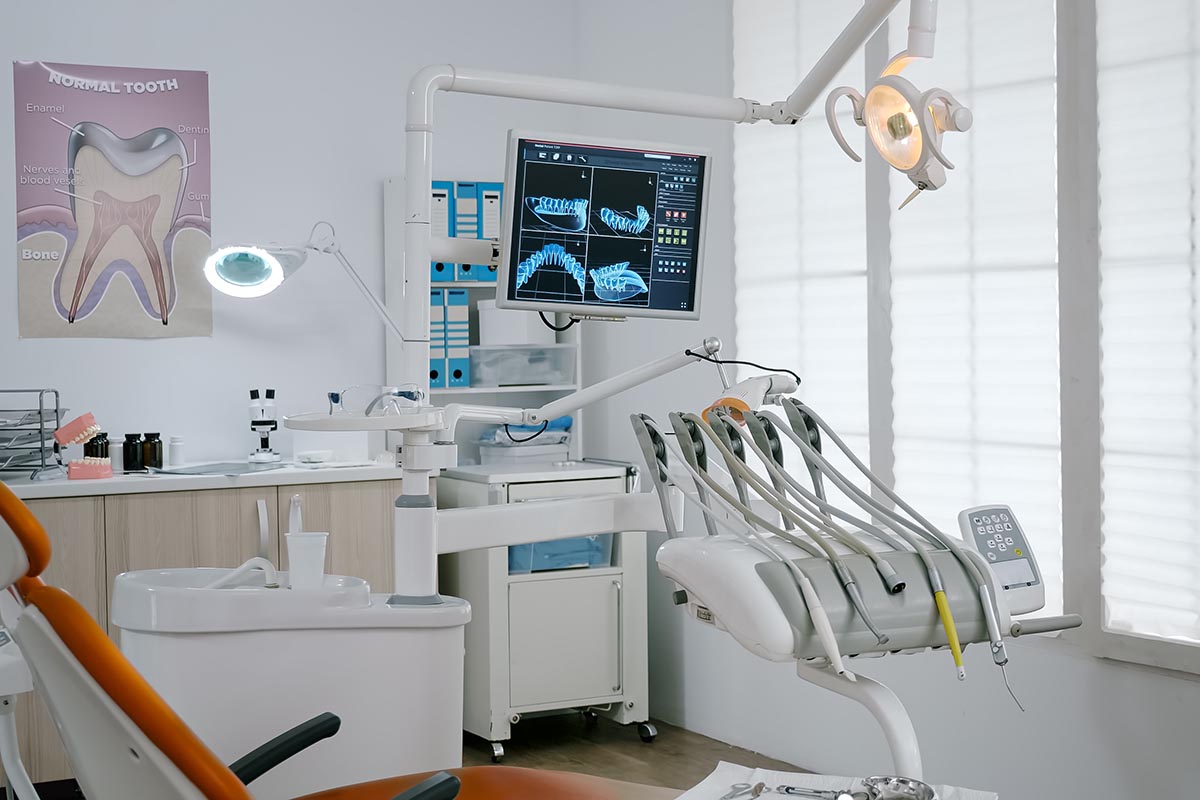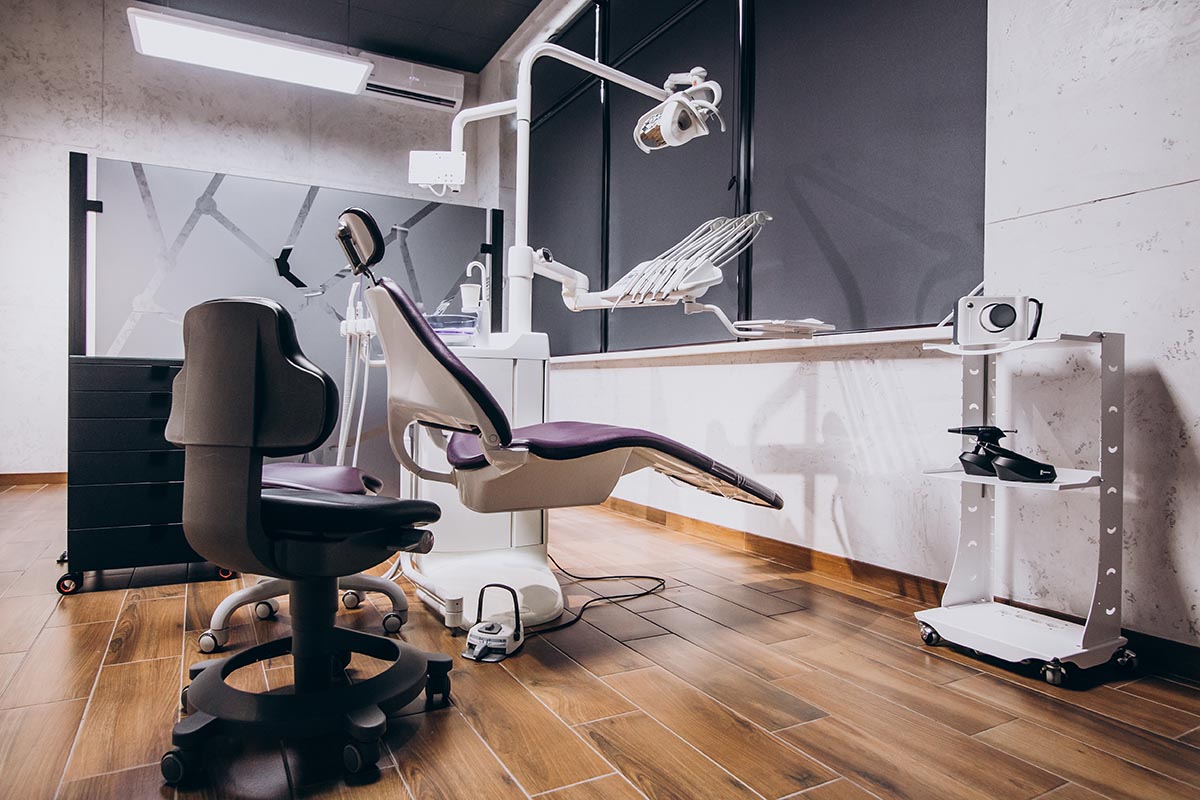Dental Care For All Ages: Why Family Dentistry is The Ideal Choice
Proper dental care is vital for people of all ages. Even before teeth erupt, cleaning gums and using a soft infant toothbrush is essential. Once the first teeth appear, gentle brushing should begin. As more teeth emerge, flossing should start, too. Throughout childhood and the teen years, regular brushing, flossing, and dental visits help avoid cavities, gum disease, and other problems. Dental visits allow the dentist to spot issues early.
In adulthood, dental health remains crucial. Brushing and flossing remove plaque that causes cavities and gum disease. Regular cleanings allow the dentist to detect and treat minor problems before they worsen. Adults may also need sealants, crowns, implants, and other dental work to replace missing or damaged teeth. As people age, dental care preserves remaining natural teeth and overall health.
Seniors with dentures must still brush their gums and rinse their dentures daily. Dental care throughout life promotes good nutrition, speech, and self-esteem. Making dental health a lifelong habit leads to better oral and overall well-being. Contact a family dentist today to set up appointments for all family members and protect their oral health. While waiting for this appointment, keep the following information in mind.
Caring for Little Teeth
Looking after children’s teeth should start even before their first tooth appears. Gently cleaning gums with a soft cloth or brush massages the gums and removes bacteria. Once teeth start coming through, usually around 6 months old, parents should begin brushing twice a day using a soft brush and fluoride toothpaste the size of a grain of rice. Brushing removes plaque and food that can lead to cavities if left on teeth.
Children under three should use toothpaste with no more than 1000 ppm fluoride. Aim for toothpaste with 1350-1500 ppm fluoride from ages three to six for additional cavity prevention. Make sure kids spit out excess toothpaste rather than swallowing after brushing. Flossing can begin around age two or three once enough teeth have come in to make this feasible.
Visits to the dentist every six months for cleanings and checkups should start by a child’s first birthday. The dentist can spot potential problems early and apply protective treatments like sealants and fluoride varnish to help prevent cavities. Modeling good oral hygiene habits yourself and making brushing fun can encourage kids to care for their teeth. Starting good dental care early and keeping up regular brushing, flossing, and dentist visits helps ensure kids have healthy, cavity-free teeth for years to come.
Caring for Adult Teeth
By adulthood, proper brushing and flossing habits should be set. Even with great hygiene, adults still require professional care. Family dentists provide cosmetic and restorative treatments like teeth whitening, veneers, crowns, and implants. They look for signs of periodontal disease, which causes gingivitis and can lead to tooth loss. Dentists also check for oral cancer and other abnormalities during routine exams.
Adults have specific risk factors like smoking, drinking, drug use, and chronic health issues that increase dental problems. Pregnancy also impacts oral health. Family dentists educate patients about avoiding risks and address issues early before they become major problems.
Cosmetic dentistry has advanced to improve adult smiles greatly. Missing, stained, crooked, or damaged teeth can be fixed with modern technology like clear aligners and dental implants that look and feel natural. Veneers and professional whitening restore sparkling smiles.
Family dentists understand genetics and lifelong habits that affect the teeth. They provide therapeutic treatments and maintenance like cleanings and gum therapy to keep adult smiles healthy and beautiful.
Caring for Aging Teeth
Seniors face increased dental challenges as teeth wear down and gums recede. Medications and chronic illnesses also heighten cavities, infections, and oral cancer risks. Periodontal disease is common, making dental care a priority for elderly patients. However, dexterity issues like arthritis can make brushing and flossing difficult. Dentures need special care and eventual replacement. Implants have changed the game for seniors needing tooth replacement. Family dentists help seniors adapt hygiene routines for changing needs.
Geriatric dentistry focuses on overall health and well-being, not just dental issues. Dentists check for signs of illnesses revealed through the mouth. They watch for symptoms like dry mouth from medications that raise cavity risks. Bone loss from osteoporosis makes implants trickier. Alzheimer’s or dementia can make patients combative during dental visits.
Gentle care approaches reduce anxiety for older patients. Some family practices offer sedation dentistry for those unable to stay calm. Dentists work with medical providers to ensure oral treatments won’t compromise other health conditions. Adapting dental hygiene for dexterity or vision limitations prevents complications.
Family dentists provide oral healthcare for a lifetime. Long-term relationships build familiarity and trust that benefit elderly patients and their overall health.
One Place for All Your Dental Needs
Finding a family dentistry practice you trust has huge advantages. No matter your age and dental needs, your family gets personalized care shaped by lifelong knowledge. Diagnosing dental issues early reduces costs and complications down the road.
Children establish a foundation for excellent long-term dental health through early visits. This familiarity with dental practices makes future checkups easier as they grow. Parents can feel assured kids learn proper hygiene and get preventive treatments for healthy smiles.
Adults have a go-to dentist for excellent oral health maintenance. Cosmetic and restorative treatments keep smiles strong and beautiful. Detecting problems early is easy with regular exams by someone familiar with your mouth’s unique needs.
Elderly patients benefit from gentle, customized care that considers overall well-being. Adjusting for dexterity, medical needs, and mental health provides optimal outcomes. Long-term relationships mean better comfort with procedures.
Dental Care For All Ages: Choosing a Family Dentist
When choosing a family dentist, check online reviews of local dentists to get feedback from other patients. Tour potential offices and note the cleanliness, friendliness of staff, and availability of advanced technologies like digital X-rays. Evaluate services like teeth cleanings, fillings, crowns, braces, etc., to ensure the dentist offers everything you may need. Ask about emergency procedures for a broken tooth or pain on weekends/evenings.
Consider location and office hours to find somewhere convenient for appointments. Meet with dentists to evaluate bedside manner and make sure you and your family are comfortable. Choose someone who listens to concerns, explains problems/treatments clearly, and works well with both kids and adults. Your family can build a lifelong relationship with the right dentist and enjoy excellent oral health.
Few fields impact health as broadly as dentistry. Dental health affects nutrition, speech, self-esteem, and more. Protecting your family’s oral health has dividends that enhance the overall quality of life at every age. Finding an expert family dentistry practice pays off immediately and for years to come.




















